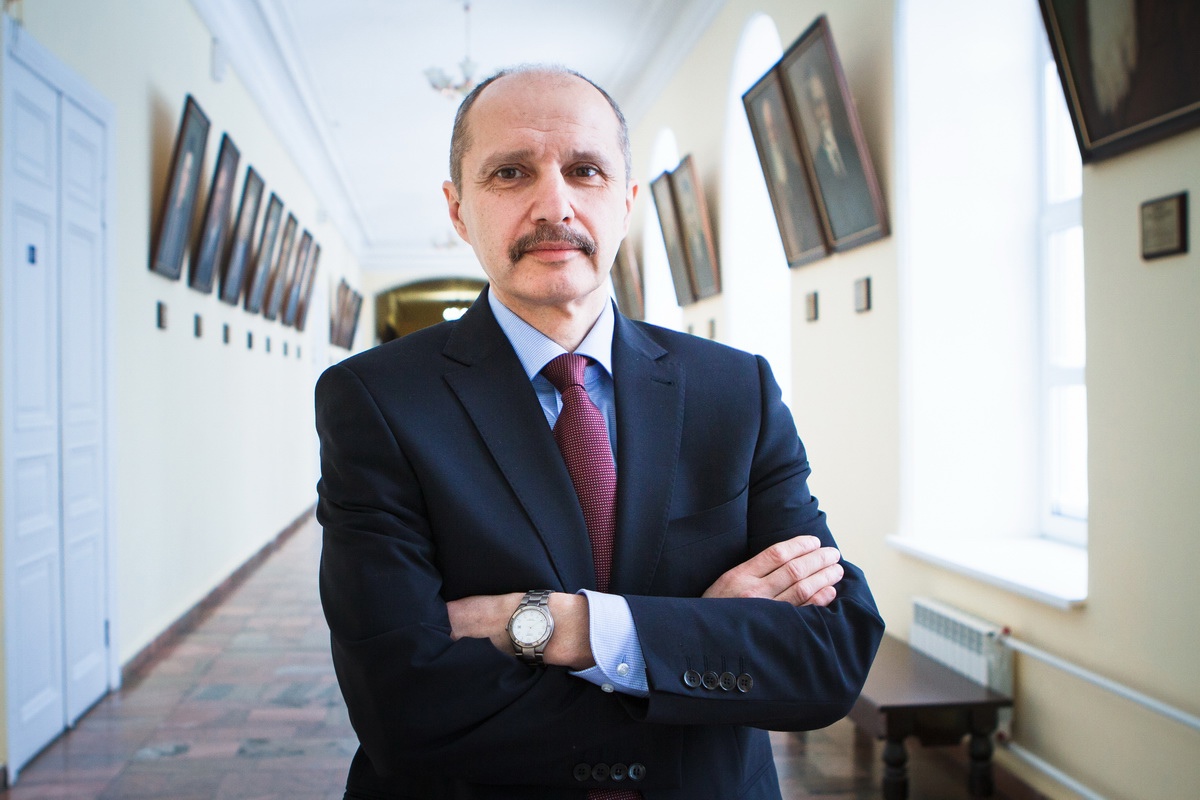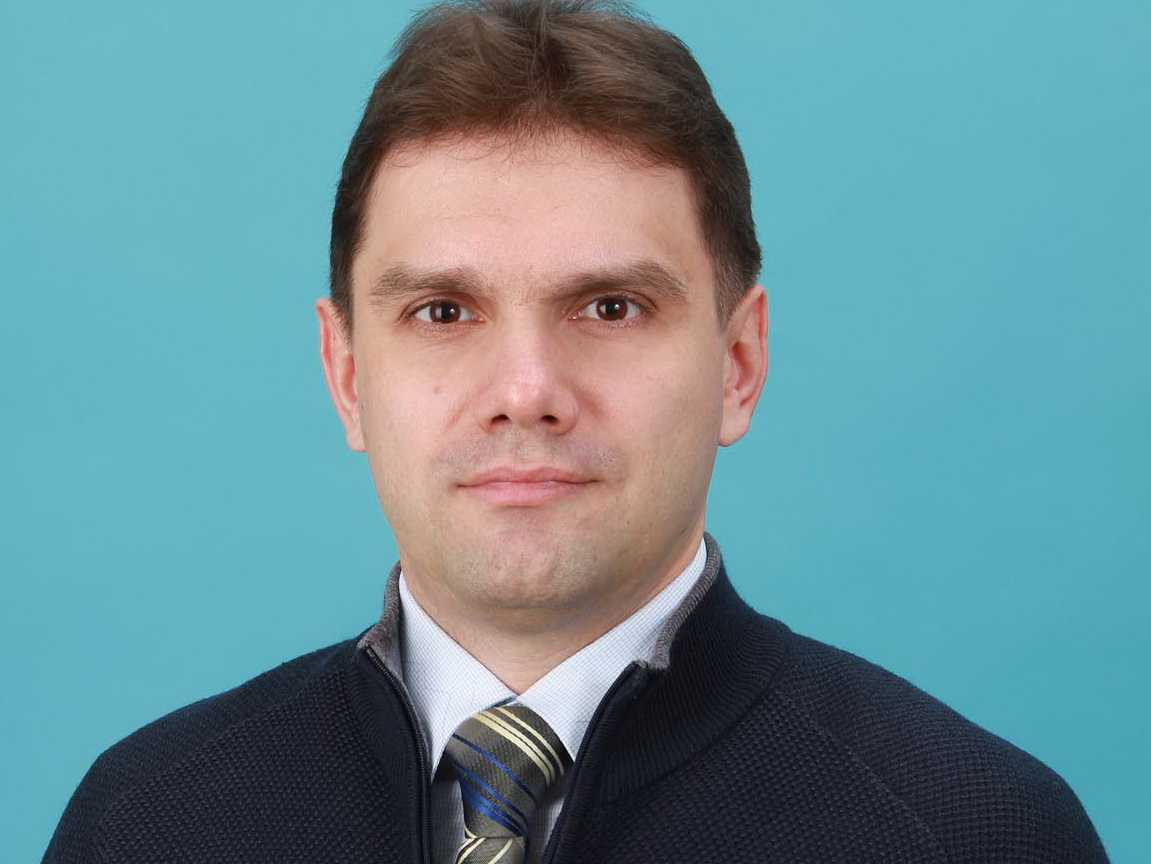Breakthrough technologies in medical diagnostics
Yury Kistenev and Valery Tuchin, leading scientists at the TSU Laboratory of Laser Molecular Imaging and Machine Learning, have been invited to be guest editors of “Optical Diagnostics and Monitoring of Human Diseases”. This special issue of the international medical journal Diagnostics (Q2)(MDPI) will be dedicated to current approaches that advance diagnostics of viral infections and oncological and cardiovascular diseases. Machine learning in diagnostics is a global trend and TSU scientists are acknowledged experts in this field.
"Optical methods and laser diagnostics are gaining popularity and becoming an integral part of engineering and biomedicine," explains Yury Kistenev, head of the TSU Laboratory of Laser Molecular Imaging and Machine Learning.
As he notes, the use of contemporary digital machine learning technologies combined with fluorescent and/or bright-field microscopy for studying biological processes enables drastically changing the diagnostics of almost every disease. The new approach is non-invasive and in some cases reaches diagnosis 100-1000 times more quickly.Nanofluids and convective heat transfer
Nanomaterials (Q1) (MDPI) and Energies (Q2) (MDPI) have dedicated special issues to studies of nanofluids and convective heat transfer. Mikhail Sheremet, head of the TSU Research Laboratory for Modeling the Processes of Convective Heat and Mass Transfer, is a guest editor of both of these issues.
The special issue of Nanomaterials, “Applications of Nanofluids – II”, will feature articles on the use of nanofluids in various technical systems from both theoretical and experimental research perspectives. Mikhail Sheremet explains that the publishers aim to highlight the problem of achieving stability in nanofluids: Various suspensions, solutions of water or oil, and nanoparticles of the solid bodies are considered.
The special issue of Energies is titled “Numerical Simulation of Convective Heat Transfer”. The topic is the mathematical modeling of convective heat transfer and how it can be used to intensify heat transfer in various systems: The articles will focus on the use of numerical methods and the computer modeling of the process.
Wetland ecosystems
Sergey Kirpotin, director of the TSU Center of Excellence Bio-Clim-Land, will be a guest editor of the special issue of Water (MDPI), “Climate Change and Anthropogenic Impacts on Wetland Ecosystems in Siberia: Past, Present, and Future”. The topic is very relevant in relation to carbon footprint reduction, because wetlands are the largest terrestrial pool of atmospheric carbon, and they perform an important global climate-regulating function.“Wetland landscapes of Siberia are important for the country as well as for the whole planet. The wetlands cool it down, reduce the risk of floods, and store and clean fresh water, which helps the ecological conditions of the world,” explains Sergey Kirpotin. “Additionally, wetlands are home to various animals and plants. These biodiverse ecosystems are not well-studied yet, and many scientific discoveries are to be made there”.
